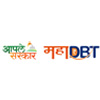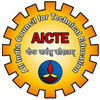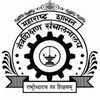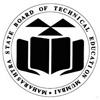| PO1 | Basic knowledge: An ability to apply knowledge of basic mathematics, science and engineering to solve the engineering problems. |
|---|---|
| PO2 | Discipline knowledge: An ability to apply discipline – specific knowledge to solve engineering problems. |
| PO3 | Experiments and practice: An ability to plan and perform experiments and practices and to use the results to solve engineering problems. |
| PO4 | Engineering Tools: Apply appropriate technologies and tools with an understanding of the limitations. |
| PO5 | The engineer and society: Demonstrate knowledge to assess societal, health, safety, legal and cultural issues and the consequent responsibilities relevant to engineering practice. |
| PO6 | Environment and sustainability: Understand the impact of the engineering solutions in societal and environmental contexts, and demonstrate the knowledge and need for sustainable development. |
| PO7 | Ethics: Apply ethical principles and commit to professional ethics and responsibilities and norms of the engineering practice. |
| PO8 | Individual and team work: Function effectively as an individual, and as a member or leader in diverse/multidisciplinary teams. |
| PO9 | Communication: An ability to communicate effectively. |
| PO10 | Life-long learning: Ability to analyze individual needs and engage in updating in the context of technological changes in engineering field. |
Program Specific Outcomes (PSOs):-
(What s/he will be able to do in the Instrumentation engineering specific industry soon after the diploma program)
PSO 1: Problem Solving Skills: Diploma student will have strong knowledge of basic mathematics, science and engineering concept to solve, formulate testing and analyze instrumentation based problems related to industry.
PSO 2: Advance Technology: Diploma student will demonstrate skills to use advance automation tools such as PLC, SCADA, DCS, embedded system for control of various processes in industry.



